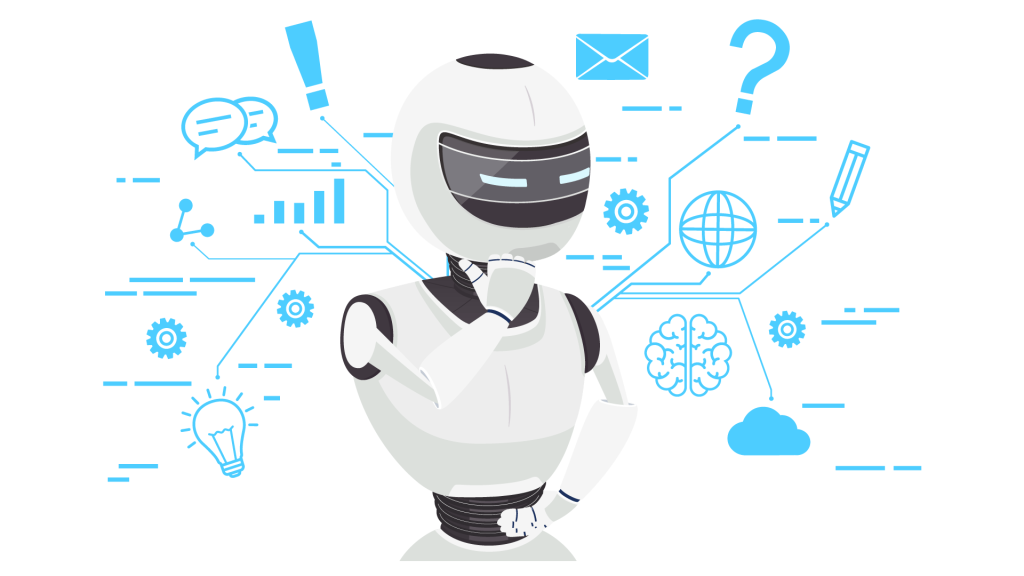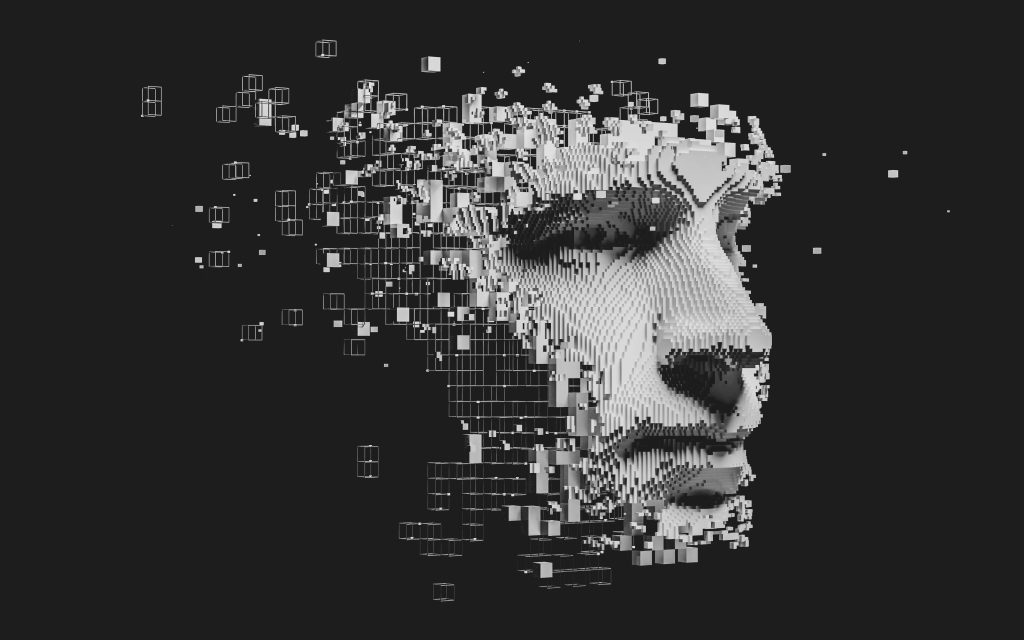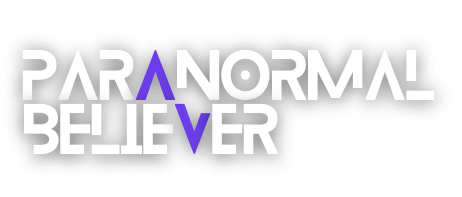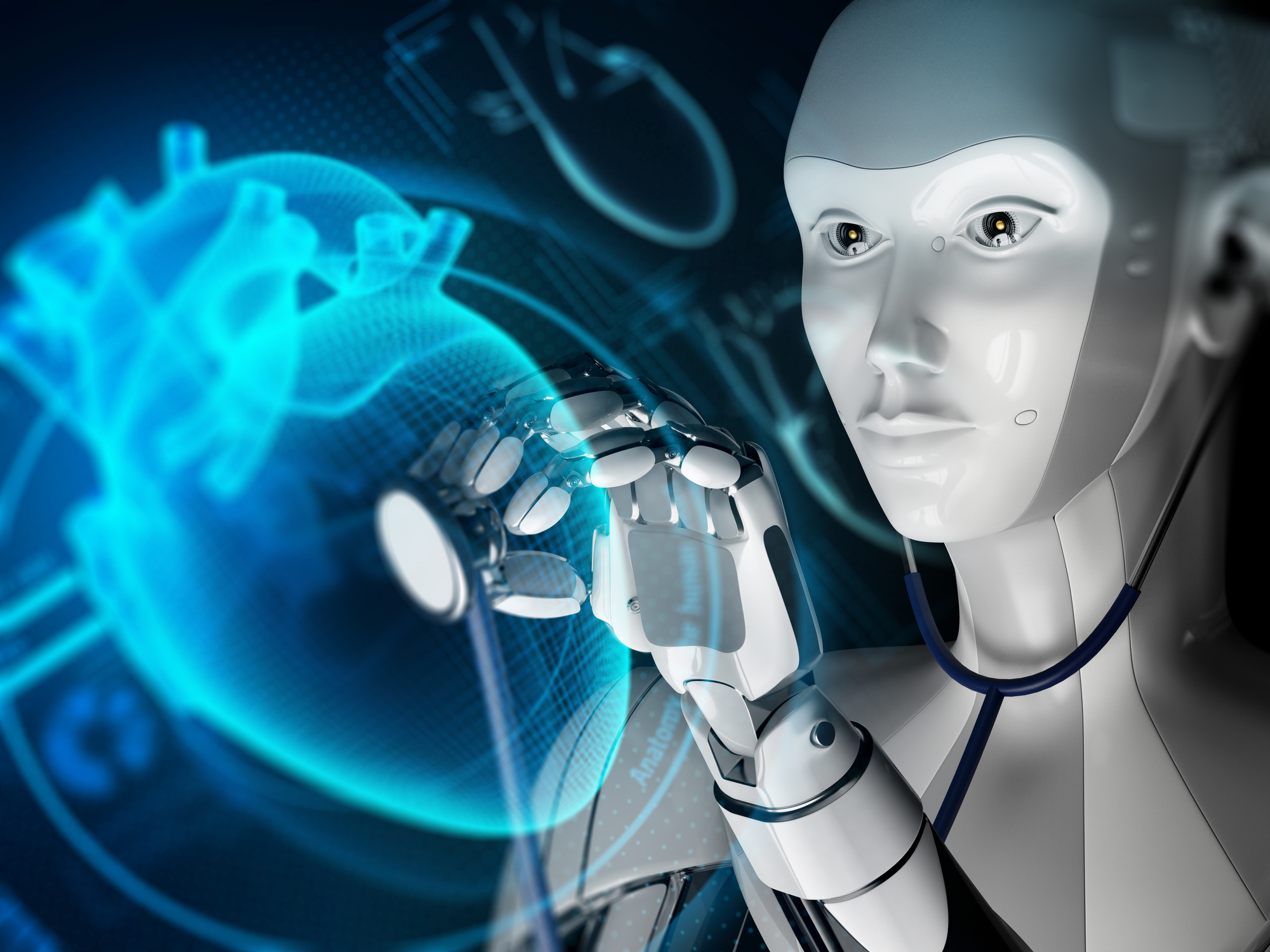In recent years, the intersection of artificial intelligence (AI) and mental health has emerged as a promising frontier in therapy and mental wellness. AI-powered technologies are revolutionizing the way we understand, diagnose, and treat mental health disorders, offering new tools and possibilities for both clinicians and patients. In this blog post, we will explore the potential of AI in mental health and delve into various aspects of this exciting development.
AI-Powered Diagnosis: A Step Towards Precision Medicine
One of the most significant contributions of AI to mental health is in the realm of diagnosis. Traditional mental health assessments often rely on subjective evaluations, which can be influenced by biases and variability among healthcare providers. AI, on the other hand, can analyze vast amounts of data and detect subtle patterns that may escape human observation.
AI algorithms can process information from multiple sources, including electronic health records, patient interviews, and even voice and text analysis, to provide more accurate and objective assessments. This approach can lead to earlier and more precise diagnoses, allowing for tailored treatment plans that are better suited to individual needs.
Predictive Analytics: Identifying At-Risk Individuals

Another area where AI shines in mental health is predictive analytics. By analyzing data from various sources, such as social media activity, smartphone usage patterns, and wearable device data, AI can identify individuals who may be at risk of developing mental health issues. Early detection can lead to timely interventions and support, potentially preventing more severe conditions from developing.
Personalized Treatment Plans
AI can also help in the development of personalized treatment plans. Mental health disorders can manifest differently in each individual, and what works for one person may not be effective for another. AI can analyze a patient’s data, treatment history, and responses to therapy to suggest personalized interventions. This tailored approach has the potential to improve treatment outcomes and reduce the trial-and-error often associated with mental health treatment.
Virtual Mental Health Assistants
The development of virtual mental health assistants is another exciting application of AI in therapy. These virtual assistants can provide support and guidance to individuals in need, offering a safe and non-judgmental space for them to express their thoughts and feelings. Through natural language processing and sentiment analysis, these AI-driven companions can engage in conversations, monitor mood changes, and provide coping strategies or referrals to human therapists when necessary.
Ethical Considerations and Privacy Concerns

While the potential benefits of AI in mental health are clear, it also raises ethical and privacy concerns. The collection and analysis of sensitive personal data for diagnostic and predictive purposes must be conducted with strict adherence to privacy regulations and ethical guidelines. Ensuring the security and confidentiality of patient information is paramount to building trust in AI-driven mental health solutions.
The Human-AI Collaboration
It’s important to emphasize that AI in mental health is not meant to replace human therapists but rather to complement their expertise. The human touch, empathy, and understanding that therapists provide are irreplaceable. AI can act as a valuable tool for clinicians, assisting them in making more informed decisions and allowing them to focus on the therapeutic aspect of their work. The integration of AI into the field of mental health represents an exciting new frontier in therapy. From more accurate diagnoses to personalized treatment plans and virtual mental health assistants, AI offers a range of possibilities to improve the mental well-being of individuals. However, ethical considerations and privacy concerns must be carefully addressed as we move forward in this field. Ultimately, the collaboration between AI and human therapists holds the promise of more effective and accessible mental health care for all.


Leave a Reply